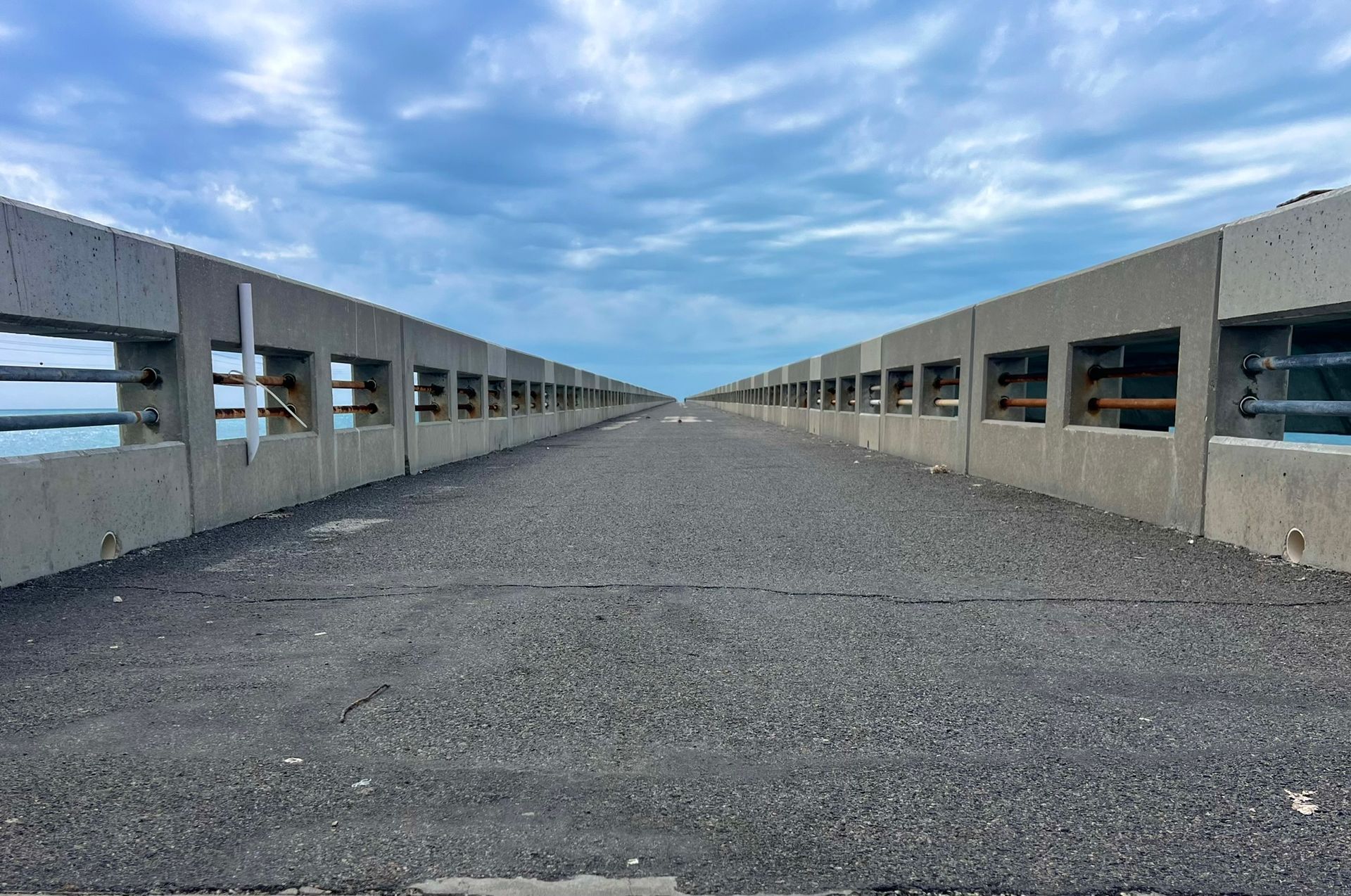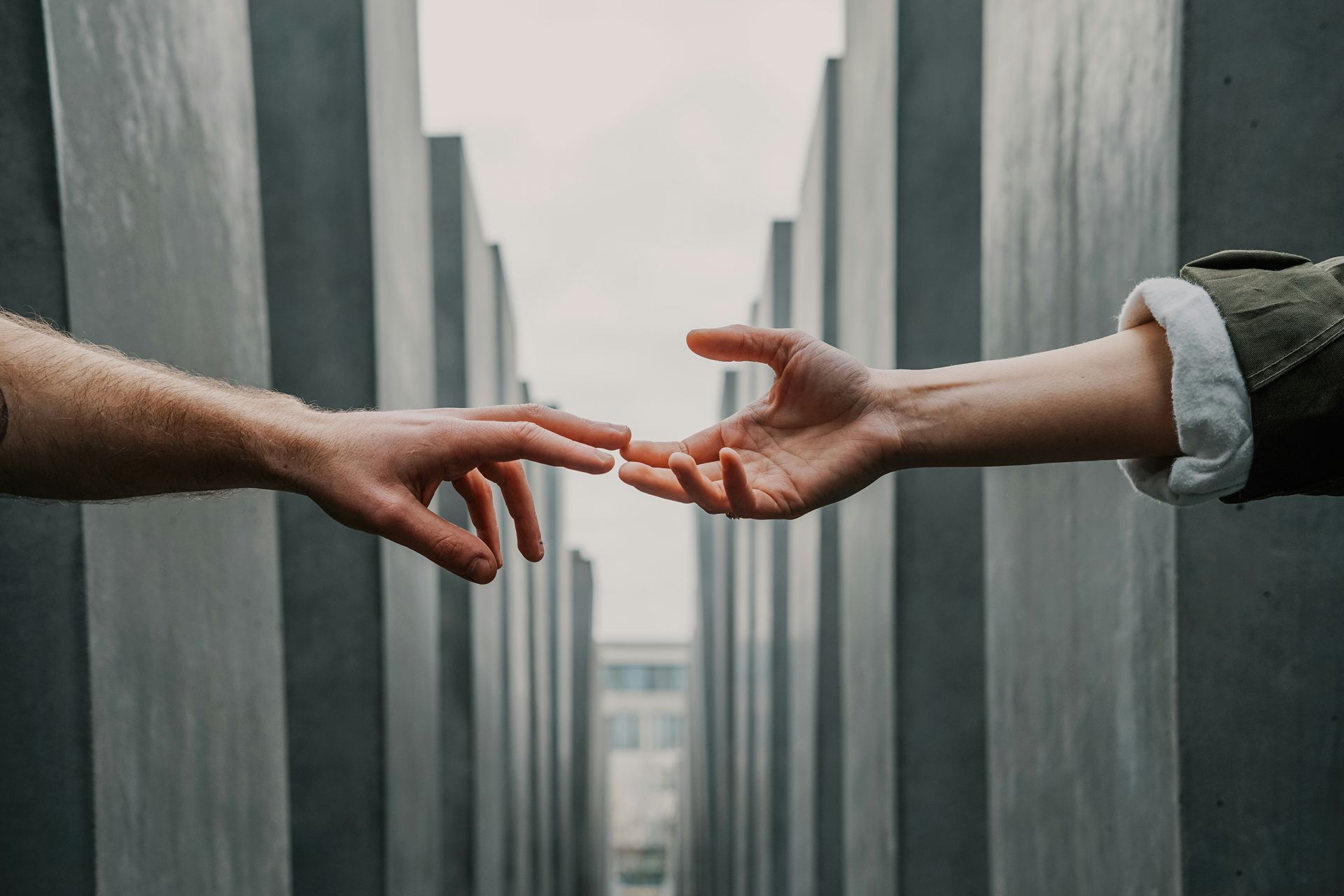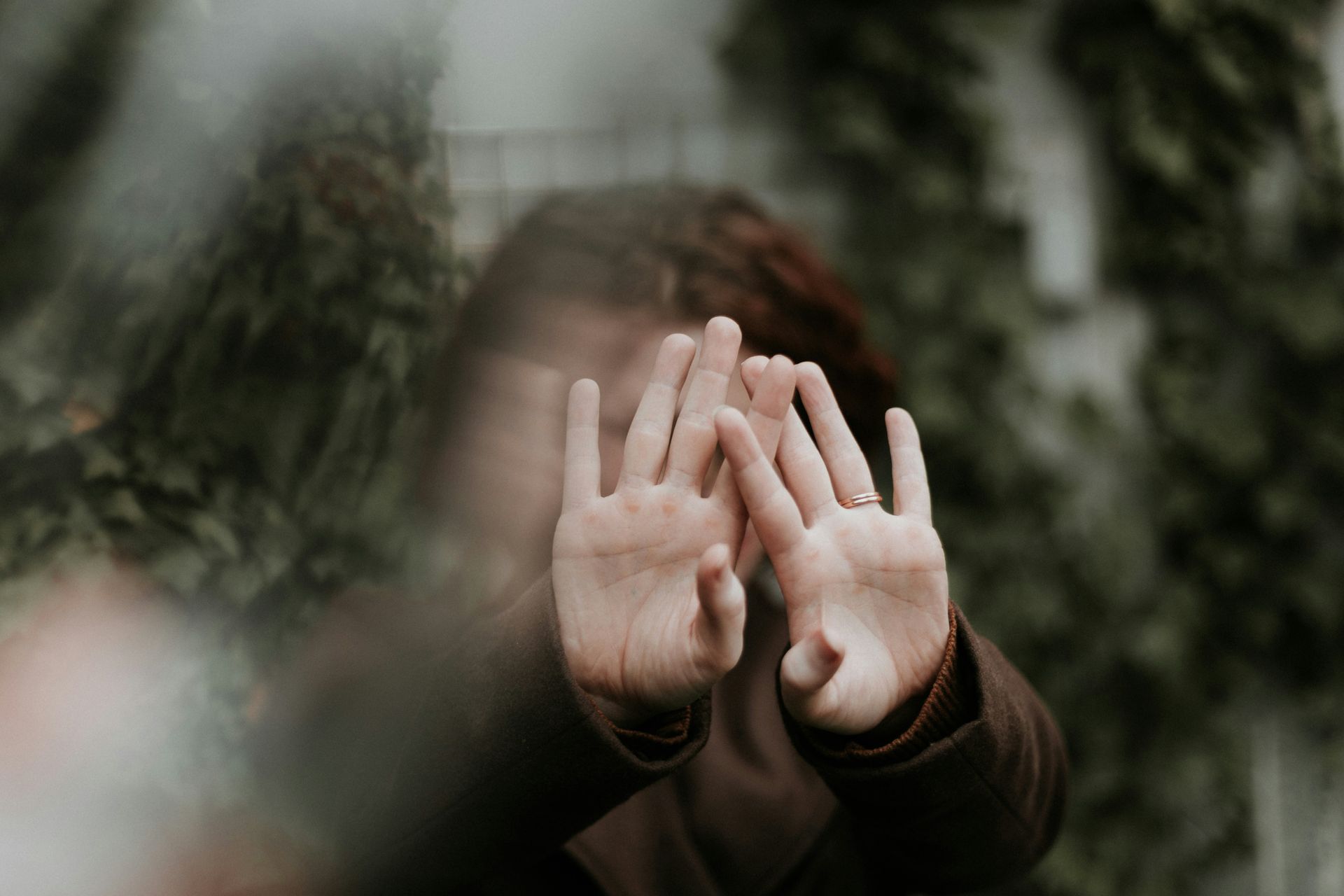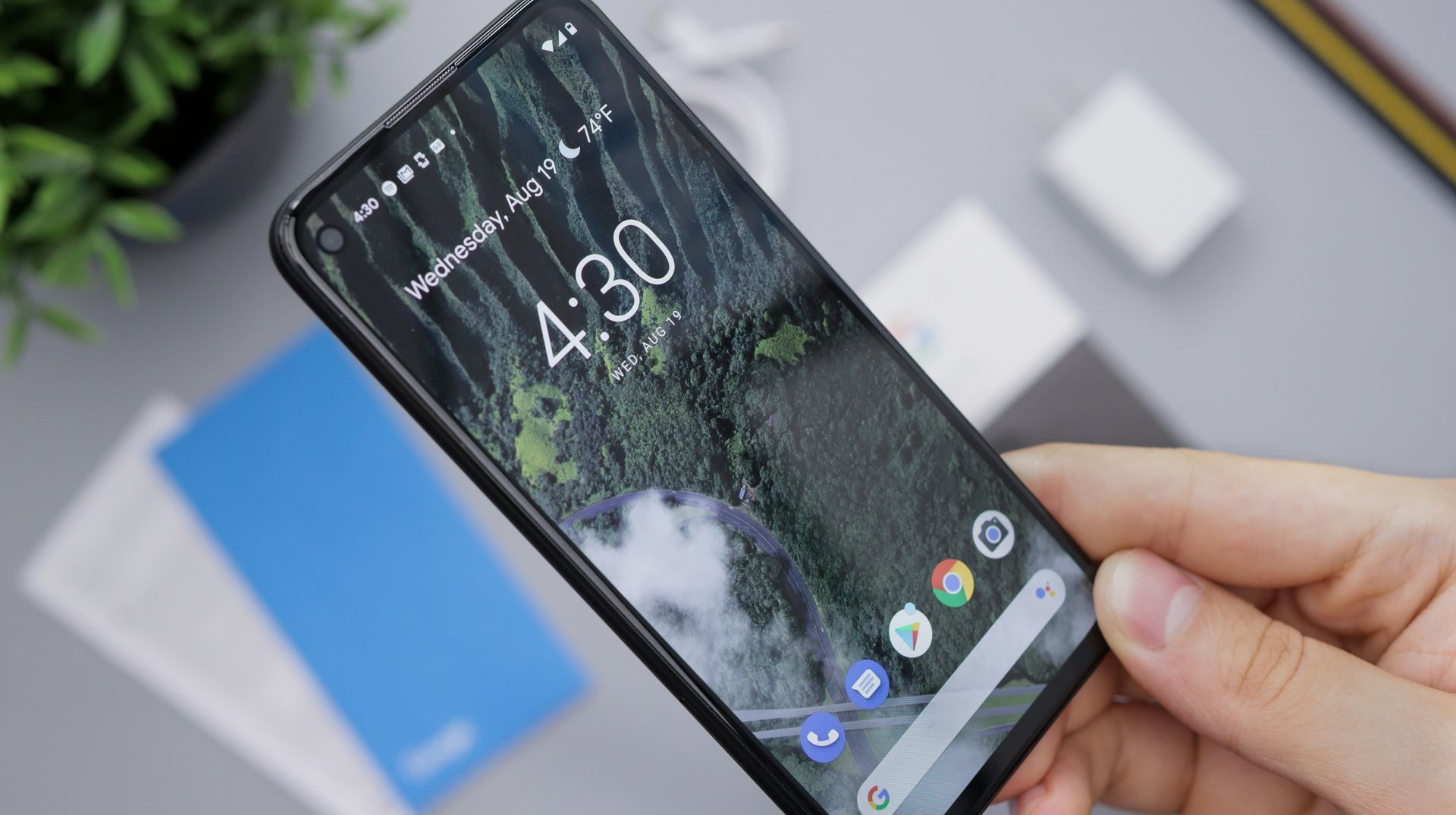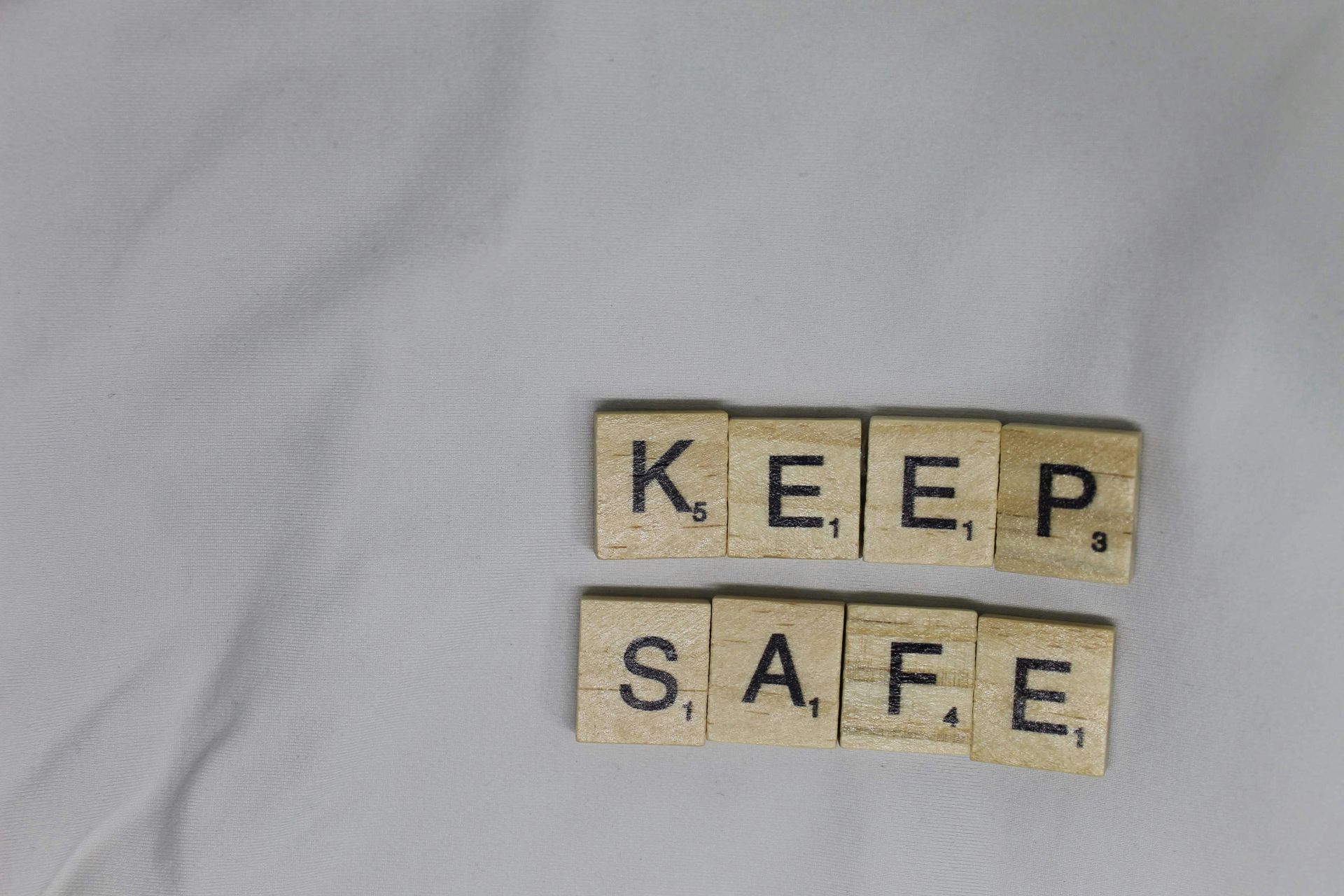Safety First

Safety First in Love Too
And, surprisingly, that even applies in relationships. “Safety First” is an excellent strategy in love too. As a therapist, I practice a method called EFT—Emotionally Focused Therapy. It’s deeply rooted in attachment science and basically says that all humans seek a safe emotional connection (key word: safe). We all seek someone whom we know is there for us, who will be accessible and responsive and engaged with us, someone we can count on and believe in.
Research shows that, when we feel safe with our partner, we thrive: physically, emotionally, in just about every way that we can thrive. We are more resilient, more creative, more capable, more productive. Indeed, safe connection is how attachment science defines love.
And, when we don’t feel safe, we fall into distress. The pain and panic we feel comes out in many ways, none of them good. We might turn up our emotions, become aggressive, critical, anxious or overbearing to get through to our partner. Or, we might pull away, go silent, disappear, disconnect to keep from making things worse. And often, when one partner does one thing, the other does the opposite, feeding off of one another’s moves. Most of these moves are not even conscious. But they are consistent, even predictable. And usually destructive. So, in EFT terms, relationship distress—conflict—is a lack of safe connection.
Make Your Relationship a Safe Place
So, the goal in any relationship then is not to agree on everything or solve every problem with your partner. The goal is to create safety, to reassure one another in the moment that they matter and we care and to draw closer, not further apart, when problems arise between us.
Of course, the question for all the money is: how do we do that? How do we create safety with the one we love?
Build Safety with Hold Me Tight®️
That is what we do in a Hold Me Tight®️ couples retreat. Hold Me Tight®️ is a two day group experience where couples learn and actually practice creating that safety—in real time. They learn to understand their conflict patterns. They learn how much they have in common with other couples—their actions, reactions, needs and longings. And more importantly, they learn to change those negative patterns, to build safety that we all need in order to be and do well. They learn to have conversations, not confrontations. Along the way, they often heal old hurts as they create a stronger, deeper connection that lasts.
Hold Me Tight®️ is not therapy. It’s education and experience that can make a world of difference in a matter of just two days. It’s low key. No one is put on the spot. Couples go at their own pace and many leave knowing that their relationship will never be the same.
Vicki Kennedy and Mark Beck have been leading Hold Me Tight®️ couples retreats for six years and this year, we offer events near Orlando, but elsewhere as well.
For example, wouldn’t you love to learn life changing Hold Me Tight®️ lessons in Tuscany, Italy, or the breathtaking Blue Ridge mountains as the fall colors change? Check out www.hmtcouplesworkshops.com and find all the dates and places where you can experience Hold Me Tight®️.
“Safety First” is a great rule of thumb. Make it a rule of love and it just may change your life.
- Learn more about Mark and Vicki.
- Join our mailing list.
- Prepare for a transformational experience.
Have a Safety Plan
